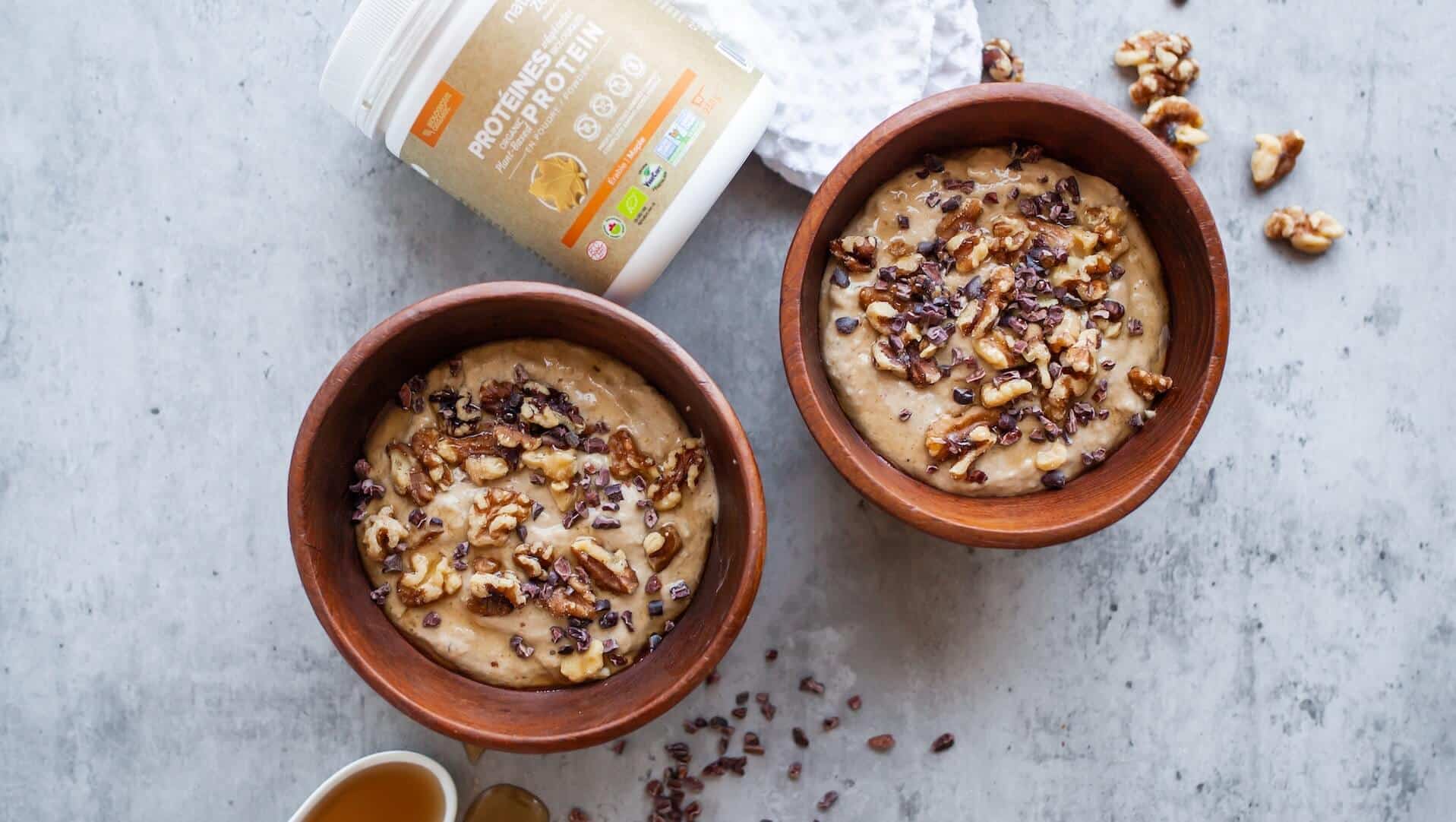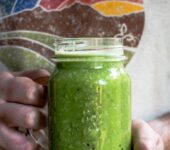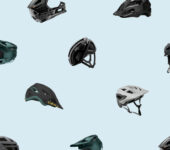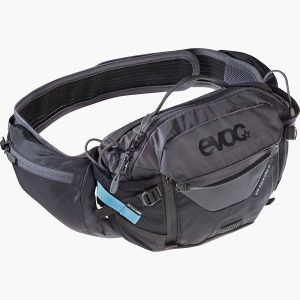
Photo by Nature Zen
Due to the proliferation of fad diets and advertising by the diet and supplement industry, there is an increase in false nutrition information. This article will try to debunk some nutrition myths for mountain bikers.
Eating before going to bed is bad.
It’s often thought that eating before bed will make you gain weight. This is not true. While going to bed on a full stomach is not the best practice because of discomfort and the potential negative impact on sleep, this will not cause you to gain weight. Research shows that consuming 20-30 grams of protein before bed can help overnight recovery. Also, if you don’t wake up hungry in the middle of the night, you are more likely to have a more restful sleep. I recommend having a higher protein snack before bed if you had a hard workout or mountain bike race that day, such as Greek yogurt or cottage cheese. If you are going to bed 2 hours after eating dinner, have a snack that doesn’t have to be high in protein but ideally contains some protein. My favorite example is apples and peanut butter.
You only need protein after workouts.
Carbohydrates are more important immediately after exercise to replace muscle glycogen. However, protein is essential for long-term recovery and has no immediate effect on muscle repair. Have a recovery snack or shake containing a ratio of 3 to 1 or 4 to 1 of carbs to protein. After workouts or mountain bike races, consume about 45-80 grams of carbs and 15-20 grams of protein.
You only need water to hydrate optimally.
This is a big nutition myth for mountain bikers and other athletes. It would be best if you had a combination of water, carbohydrates, and electrolytes for optimal hydration. Carbs and electrolytes work together in the digestive system to absorb water. This combination is more effective than if you were drinking water by itself or even water and electrolytes. Look for sports drinks that contain some sugar, water, and electrolytes. For more information on hydration, please read my article here.
Tracking calories and macros is necessary for weight loss.
Calories in do not equal calories out. Many factors affect metabolisms, such as sleep, stress, and exercise. Instead of tracking calories, focus on consuming whole foods and include plenty of fruit and veggies.
Supplements can make up for a lousy diet.
Supplements will not convert poor food choices into a good diet. Instead, focus on a varied diet of whole foods and plenty of fruit and vegetables. This should provide the majority of nutrients you require. Focus on eating well first, and then get routine lab work to address any nutrient deficiencies. Finally, consider adding a supplement after consulting your doctor. You can’t outrun a bad diet.
If you are skinny, you are healthy.
Consuming a nutritious diet and having an active lifestyle are more important than the number on the scale. Sleep, stress, and other life factors affect health. Other important ” health ” measures include blood pressure, triglycerides, and blood sugar. People can be healthy at different sizes.
Eating carbs will make you gain weight.
Carbohydrates are an essential part of a well-balanced diet. Carbs convert to glucose, the major fuel source for your brain. They are an important fuel for endurance athletes to perform optimally. Try to consume fewer whole grains like whole grain bread, brown rice, and quinoa. Quickly digestible, lower fiber carbs like white rice are ideal before a race or workout.
Eating disorders only affect women.
Eating disorders can affect men too. They are more likely to be undiagnosed in men due to the stigma that it is a female issue. The influence of the diet and supplement industry on our society and the preoccupation with body size has increased the prevalence of eating disorders and disordered eating in both men and women.
Gluten-free is healthier.
The majority of the population is not gluten sensitive. You only need to avoid gluten if you have a diagnosed gluten allergy or are gluten sensitive. You don’t need to avoid gluten if you believe gluten doesn’t bother you. However, try to choose whole grains most of the time.
Emily Werner
Emily is a Sports Dietitian who is passionate about helping others improve their health and athletic performance through proper nutrition. She races cyclocross professionally. She lives in Roanoke, VA with her husband Kerry and their beagle Sherman.
Get the email for busy mountain bikers.
Discover the best products + gear, and learn about deals from brands you love.









